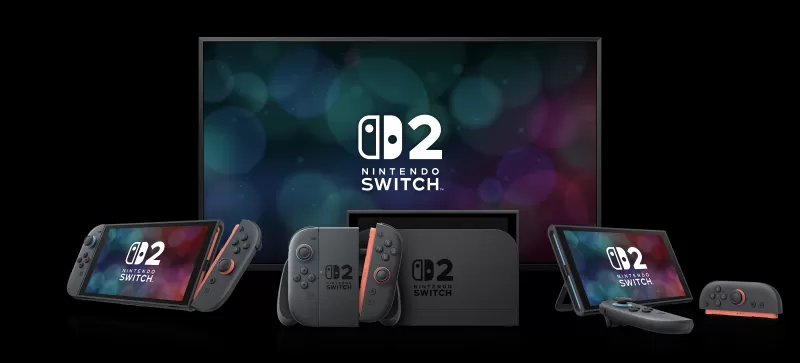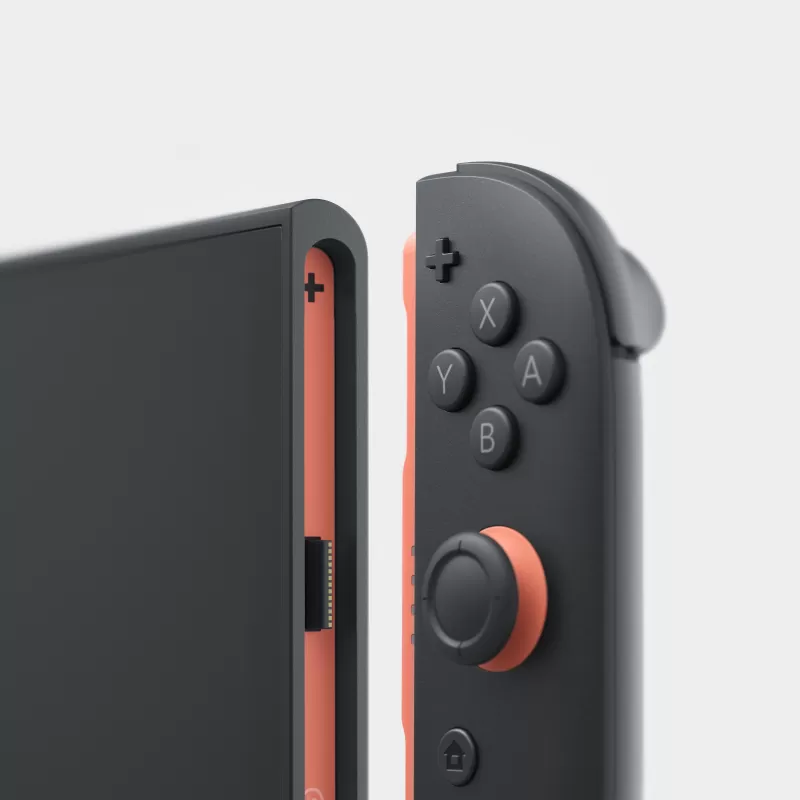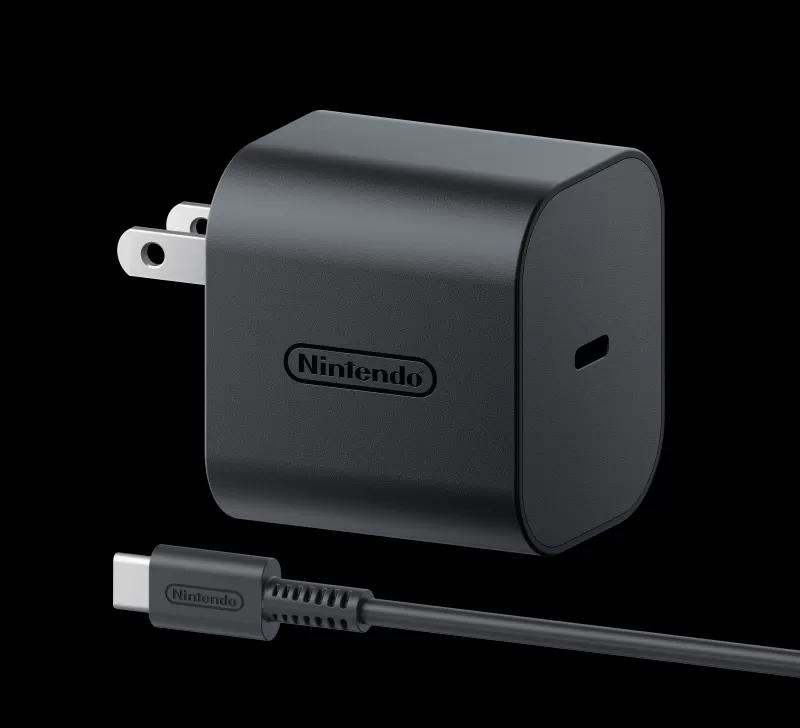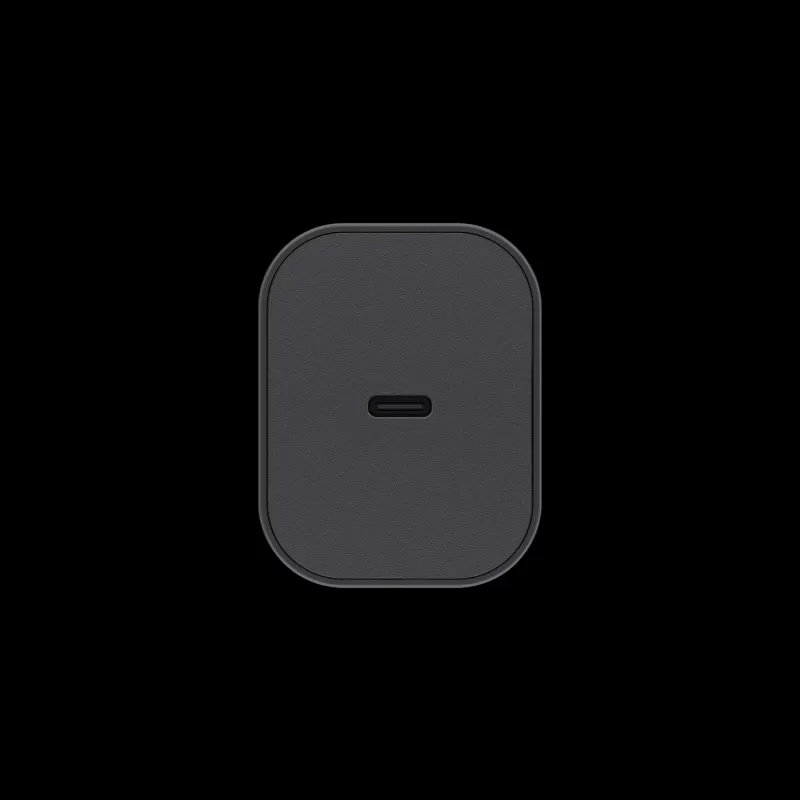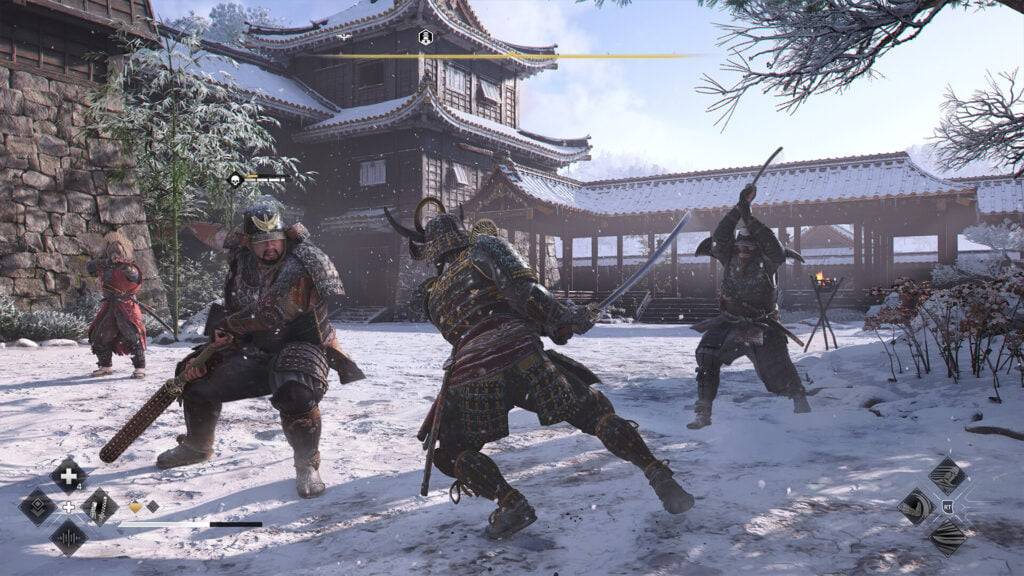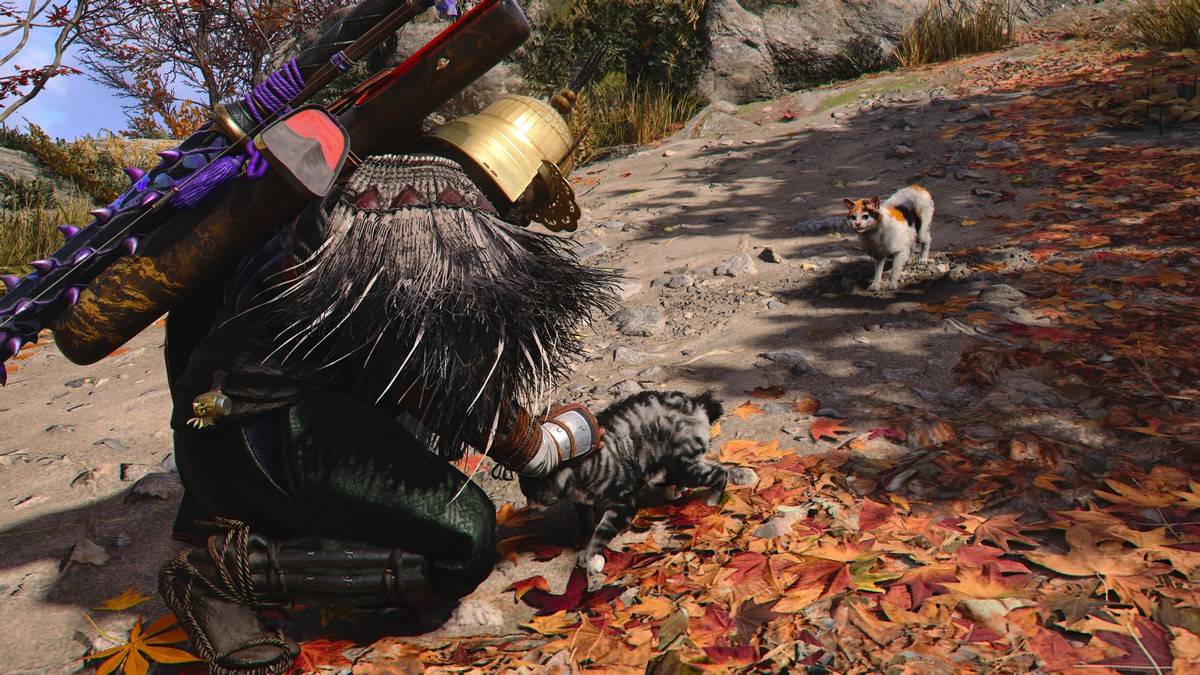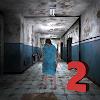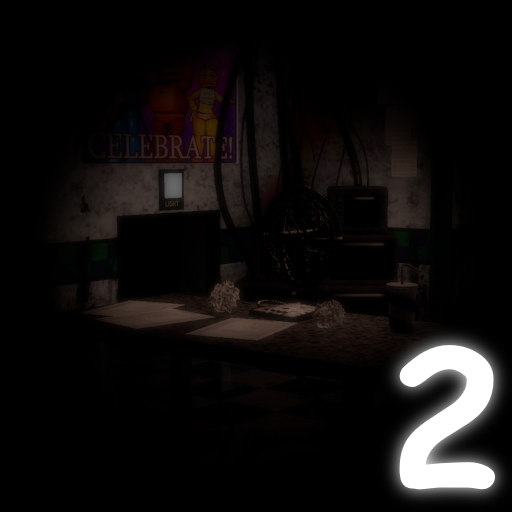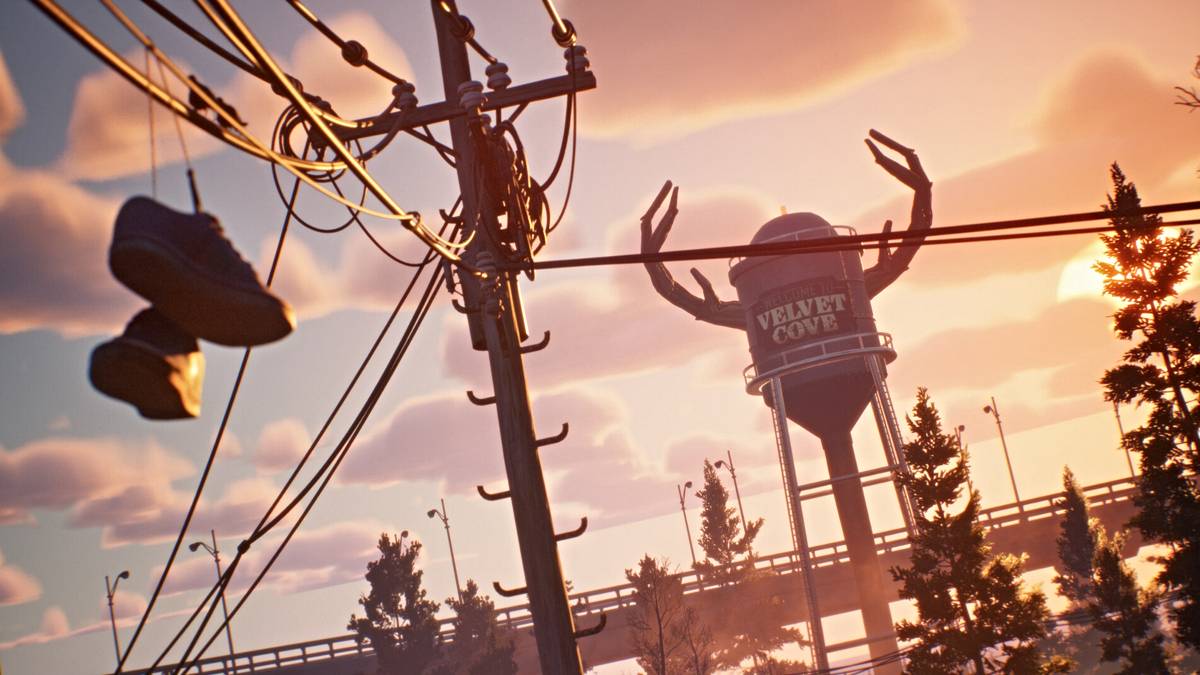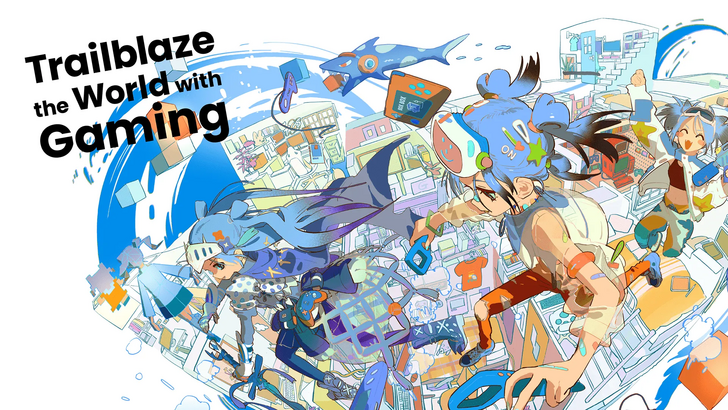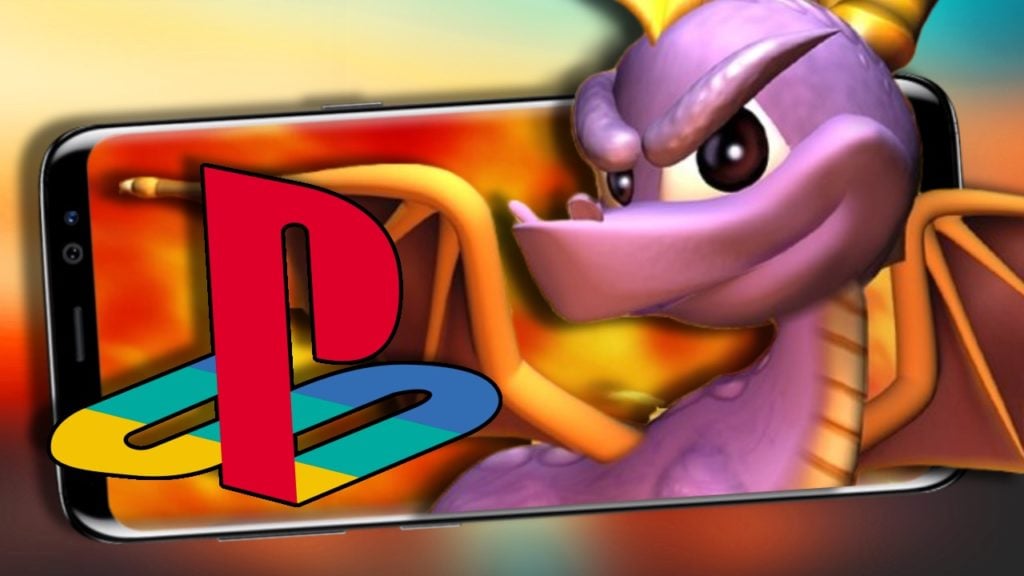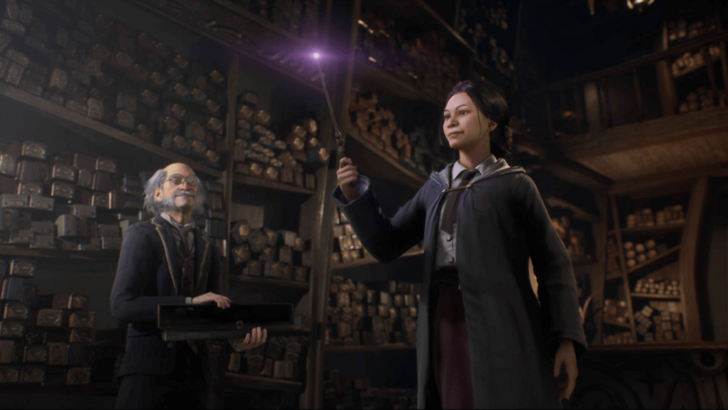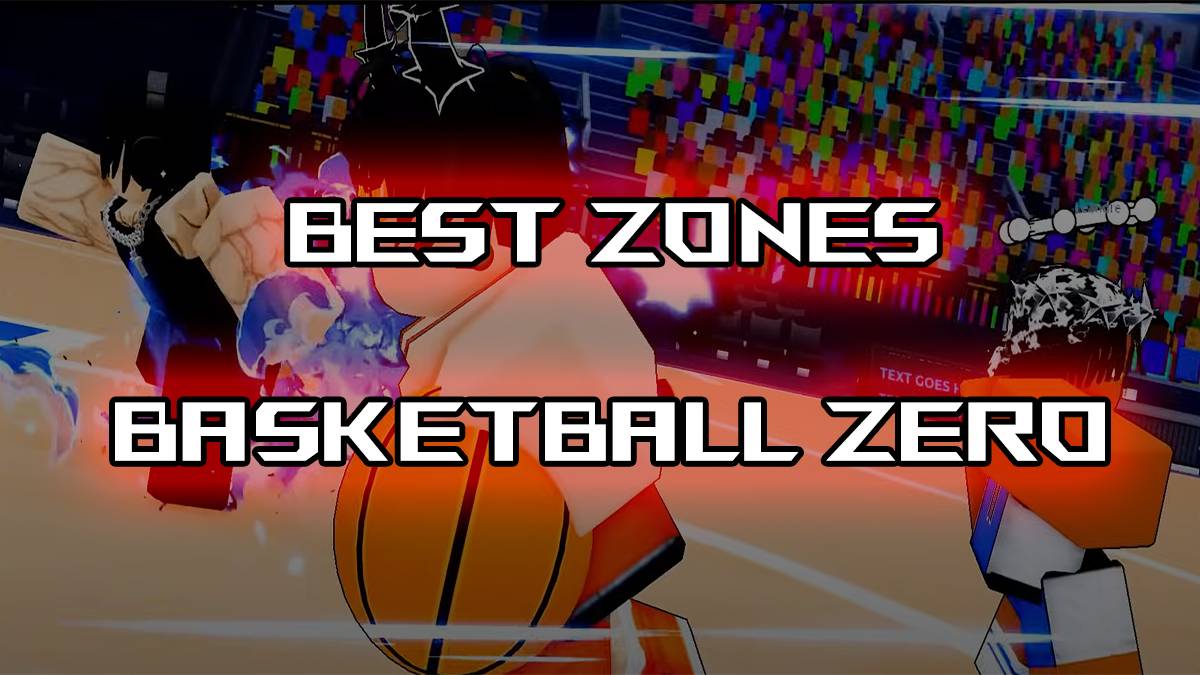It's been a tumultuous week for U.S. gamers, marked by a roller coaster of emotions. The week kicked off with the much-anticipated full reveal of the Nintendo Switch 2, showcasing its impressive features and game lineup. However, the excitement quickly turned to dismay when the console's $450 price tag was announced, along with a hefty $80 price for Mario Kart Tour. The roller coaster took another sharp turn this morning when Nintendo announced a delay in pre-orders, citing the need to assess the impact of the Trump Administration's sweeping new tariffs on global trade.
We've previously discussed the reasons behind the high cost of the Nintendo Switch 2 and the potential impact of these tariffs on the gaming industry as a whole. Now, the burning question on everyone's mind is: what will Nintendo do? Will the price of the Nintendo Switch 2 rise even further when pre-orders finally open?
Typically, when faced with such uncertainties in the gaming world, I consult a panel of expert industry analysts. While they can't predict the future, they often provide a consensus based on evidence and data about likely outcomes. This week, I've already turned to them twice for insights. However, this time, for the first time since I began covering these topics, every analyst I spoke with was stumped. Their responses were filled with guesses about whether Nintendo would raise prices or not, but each came with a heavy caveat emphasizing the unprecedented chaos of the current situation. The unpredictability of what Nintendo, Trump, or any other stakeholders might do in the coming days, weeks, or months has left even the experts at a loss.
With that in mind, here's a summary of what the analysts I spoke with had to say:
Sky-High Switch
The analysts were divided on whether Nintendo would increase the price of the Switch 2. Dr. Serkan Toto, CEO of Kantan Games, initially believed it was too late for Nintendo to adjust prices after their announcement. However, the delay in pre-orders has changed his perspective. He now believes Nintendo may have no choice but to raise prices, not just for the console but also for games and accessories. "It is very difficult to predict, but Nintendo will likely take a few days to run simulations and then announce hikes," he said. "I hope I am wrong, but if sustained, these sky-high tariffs leave them no choice. Would you be surprised now to see Switch 2 hit US$500 for the base model? I wouldn't."
Toto also questioned Nintendo's timing: "Why on earth did Nintendo not wait for the US to fix their tariffs first and then decide on pricing during a Direct a few days later? This made no sense."
Mat Piscatella, senior analyst at Circana, echoed the sentiment of unpredictability but leaned towards the likelihood of price increases across the gaming industry, including Nintendo. "Based on the conversations I'm having, the breadth and depth of the tariffs surprised everyone, not just consumers," he said. Piscatella noted that Nintendo likely set the original price with certain tariff assumptions in mind, but the actual tariffs exceeded expectations. "Every reasonable and responsible business that relies on international supply chains will be reevaluating its US consumer pricing at this point. They have to."
He also highlighted the potential for the US to join other regions in facing higher game prices due to the chaotic nature of the tariff announcements. Manu Rosier, director of market analysis at Newzoo, predicted that hardware prices would rise but suggested that software might be less affected due to the growing dominance of digital distribution. "While physical versions might be subject to tariffs, the growing dominance and lower cost of digital distribution would likely limit any broader effect," he said. "Regarding hardware, however, the situation is more sensitive. If a 20% tariff—or any substantial increase—were to be introduced, it’s unlikely that companies like Nintendo would absorb the additional cost by cutting into their margins. In such cases, the burden could shift to consumers in the form of higher retail prices."
Holding the Line
On the other side of the debate, analysts like Joost van Dreunen, NYU Stern professor and author of SuperJoost Playlist, believe Nintendo will try to maintain the announced price. Van Dreunen suggested that the volatility from the Trump tariffs was already factored into the Switch 2's $449.99 pricing. "Given the first Trump administration's impact, Nintendo, like other manufacturers, has since restructured its supply chain to mitigate such geopolitical risks," he said. "Historically, Nintendo has aimed for a launch price around the $400 mark, adjusted for inflation, suggesting that the current price already reflects an anticipation of potential economic challenges stemming from ongoing trade disputes."
However, he acknowledged the unpredictable nature of the tariffs, particularly those affecting Vietnam, which could force Nintendo to absorb or offset additional costs. "While I expect Nintendo will strive to maintain the $449.99 price point, the external economic pressures may eventually force a reassessment if the trade landscape deteriorates further," he added.
Piers Harding-Rolls, games researcher at Ampere Analysis, agreed that Nintendo faces a dilemma, having already announced the launch price. "The extent of the tariffs and its impact on Vietnamese exports are really bad news for Nintendo," he said. "The company is now in between a rock and a hard place, having already announced the launch price. I have already suggested that the pricing would stay as announced until 2026 at the earliest but then might be adjusted if the tariffs stay in place. This delay in pre-orders is to give the company more time and it will be hoping some sort of solution will be found over the next few weeks. This is a pretty fluid situation after all. Nintendo will not want to change the price having announced it, but I think everything is on the table now. If the pricing does change, it will impact the brand and the US consumer’s view of the product at launch. I don’t think that will put off loyal fans, but it might put off broader consumers who will take a wait and see approach. That’s particularly important during its first holiday season."
Living in Unhinged Times
Rhys Elliott, games analyst at Alinea Analytics, joined the camp predicting higher prices for both Nintendo hardware and software due to the tariffs. He referenced his previous comments on Nintendo's strategy to offer cheaper digital editions of Switch 2 games in certain markets. "It seems the lower prices in other markets were to nudge Switch 2 buyers to digital, as I mentioned in my comments to IGN about Mario Kart World’s pricing. Nintendo might have wanted to do something similar in the US, but the tariff situation is so chaotic that Nintendo was in 'wait and see' mode — and decided to hedge its bets to see if it needed to offset the tariffs."
Elliott painted a grim picture of the broader impact of the tariffs on the gaming industry, aligning with warnings from the Entertainment Software Association. He suggested that the tariffs would lead to a "weaker, poorer nation," with consumers ultimately bearing the cost. "Some manufacturers – Nintendo included – have been shifting their manufacturing to non-tariff-impacted markets," Elliott said. "And even if companies can afford to switch up (no pun intended!) their supply chains, who knows which markets will get tariffs next – as recent news supports. Companies cannot just lift up their whole supply chain and move everything to the US. It’s just not logistically possible. Under current law (I can’t believe I have to qualify this, but here we are), Trump would not be in power anymore by the time such a move would be completed – for Nintendo and other manufacturers. We are living in…there’s no other word for it…unhinged times driven by an unhinged man (and other forces)."
He criticized the tariffs as detrimental to US consumers during a cost-of-living crisis and contrary to the principles of international trade theory. "These extreme tariffs will also be bad for consumers in the US but are positive for the US administration’s populist façade. Policies that lead to higher prices for everyday people amid a cost-of-living crisis are deplorable. They're bad for gamers and the games business. I won’t comment on the real reason for the US tariffs, but ‘a much stronger, much richer nation’ is not it. What’s more, time and time again, data has shown that tariffs harm the economy. Comparative advantage is a core principle of international trade theory. Basically, consumption and economic well-being are stronger when countries focus on producing goods they can efficiently produce (at the lowest cost compared to other goods) –and trade for goods they are less efficient at producing. The trade war flies in the face of these core economic principles."
Nintendo Switch 2 System and Accessories Gallery
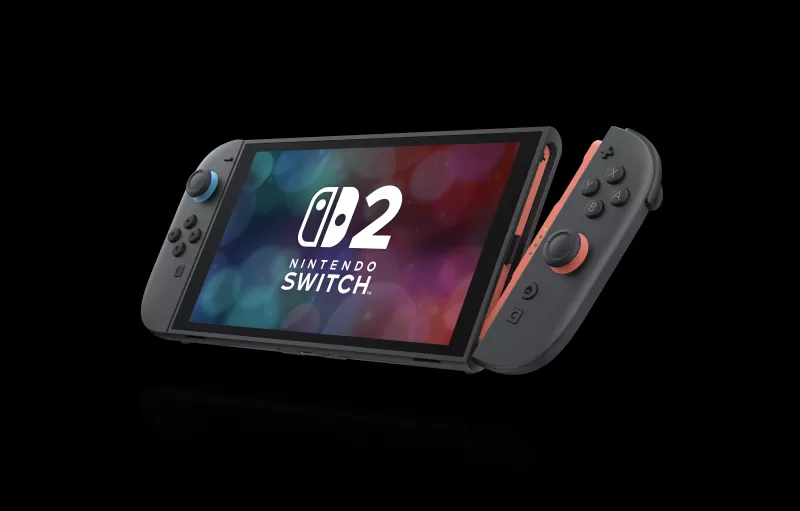
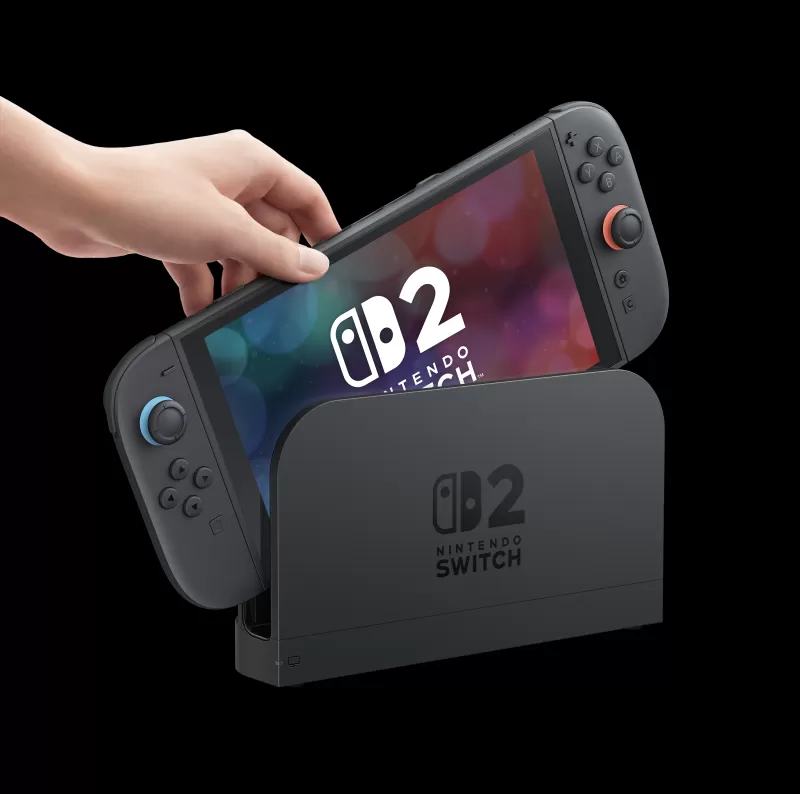 91 Images
91 Images
